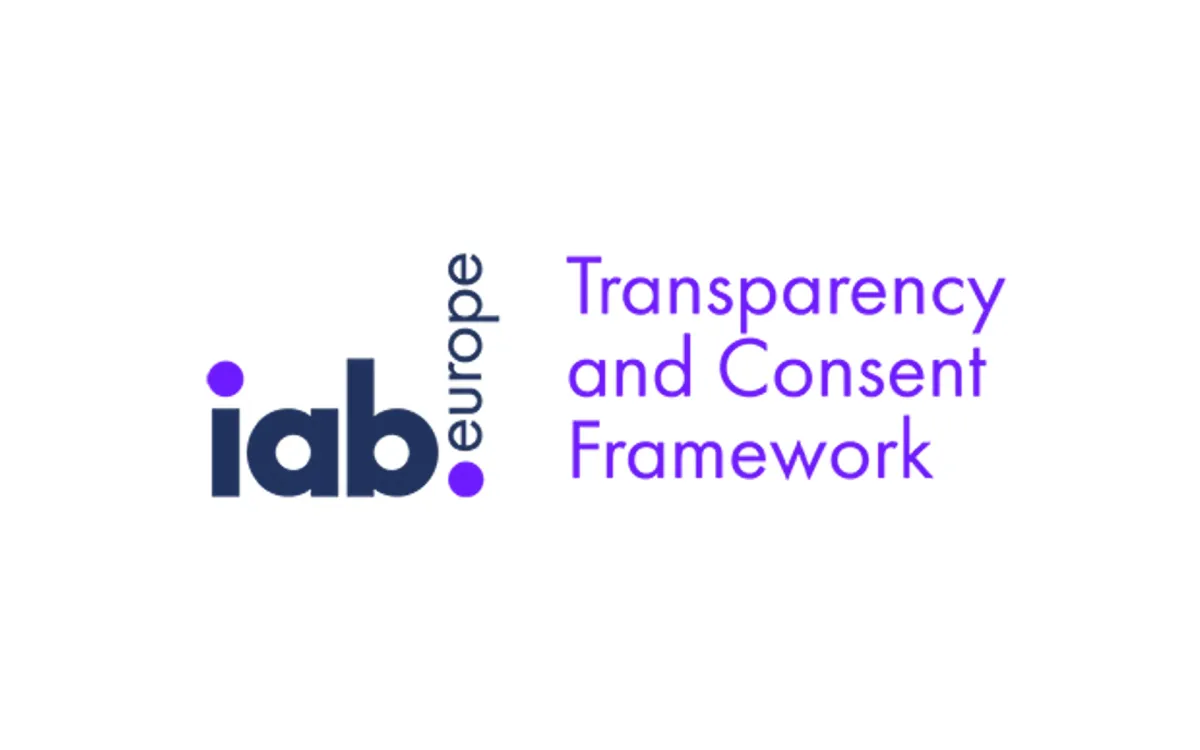
On September 30, 2024, Google announced significant updates to its Transparency and Consent Framework (TCF) error report, introducing two new error types to help publishers troubleshoot their certified Consent Management Platform (CMP) coverage. This development comes as part of Google's ongoing efforts to ensure compliance with its consent management requirements for ad serving in the European Economic Area (EEA), the United Kingdom, and Switzerland.
The two new error types added to the TCF error report are:
- Error 9.1: This error occurs when a TCF CMP is present on the request, but it is not certified by Google.
- Error 10.1: This error is triggered when Google receives a request from the EEA, UK, or Switzerland, but it lacks TCF signals.
These additions to the error report are designed to provide publishers with more precise information about potential issues with their CMP implementation and certification status. The timing of this update is significant, as it comes more than eight months after Google's enforcement of new consent management requirements began on January 16, 2024.
To resolve these errors, Google advises publishers to review the CMP they are working with and ensure it is certified by Google. This recommendation underscores the importance of using a Google-certified CMP, which has been a requirement for publishers serving ads to users in the EEA, UK, and Switzerland since the January 2024 enforcement date.
The TCF error report, which has been a valuable tool for publishers since its introduction, allows them to download detailed information about errors detected over the past seven days. The report includes crucial data such as the domain or mobile app ID where the error occurred, the associated ad unit path, the specific error code, the frequency of the error, and the last date it was detected.
With the addition of these new error types, the TCF error report now provides even more comprehensive coverage of potential compliance issues. Error 9.1 specifically addresses situations where a CMP is in use but lacks Google certification, while Error 10.1 helps identify instances where TCF signals are entirely missing from requests originating in regulated regions.
These updates reflect Google's continued commitment to supporting publishers in maintaining compliance with evolving privacy regulations and industry standards. By providing more detailed error reporting, Google aims to help publishers quickly identify and address any issues that could affect their ability to serve personalized or non-personalized ads in the EEA, UK, and Switzerland.
For publishers, this update serves as a reminder of the importance of regularly monitoring their TCF error reports and ensuring their chosen CMP maintains its Google certification status. Failure to address these errors could potentially result in limitations on ad serving capabilities in the affected regions.
Publishers are encouraged to download and review their TCF error reports promptly to identify any instances of the new error types. If either Error 9.1 or Error 10.1 appears in the report, immediate action should be taken to verify the certification status of their CMP and ensure proper implementation of TCF signals.
This enhancement to the TCF error reporting system demonstrates Google's ongoing efforts to provide publishers with the tools and information necessary to navigate the complex landscape of digital advertising compliance in Europe. As privacy regulations continue to evolve, such updates are likely to become increasingly important for publishers seeking to maintain both regulatory compliance and effective ad monetization strategies.

